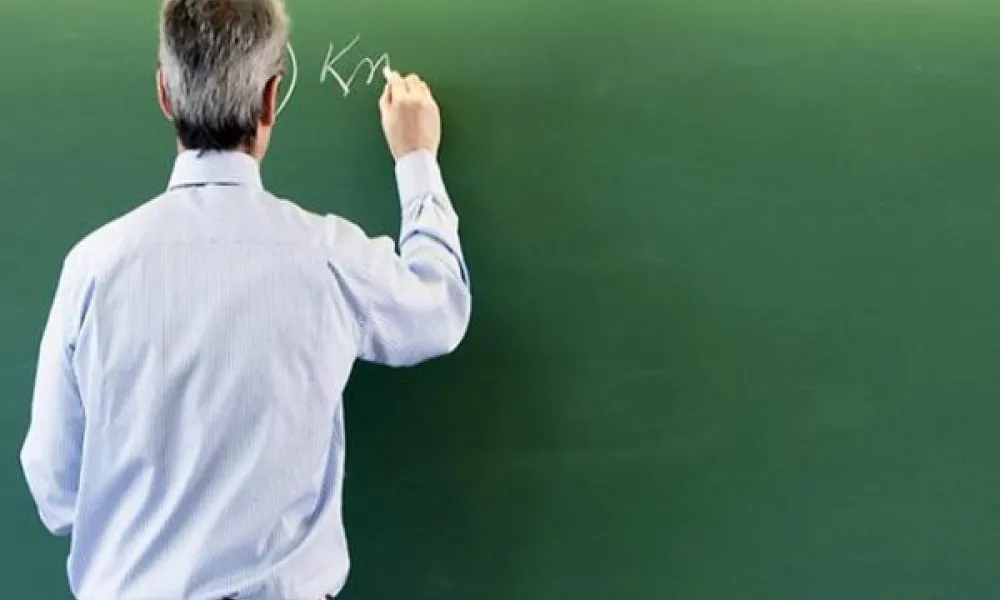In Cyprus we have a strange relationship with teacher evaluation. We’ve been discussing it for decades, we fear it, we load it with ideological weight, and in the end we never apply it consistently. Yet if we want a public school system that can rise to the challenges of our time - from artificial intelligence to the rapid shift in required skills - this discussion can no longer be postponed.
Evaluation is not punishment. It is not a “witch-hunt”, nor a tool for stigmatising teachers. On the contrary, when implemented properly, it is one of the most effective mechanisms for improving schools. Countries that invested in modern evaluation systems - with clear criteria, classroom observation, continuous training and meaningful feedback - have seen measurable improvements in student outcomes. Not because they punished teachers, but because they supported them.
The truth is that most teachers want to improve. No one walks into a classroom of 25 pupils just to “get through the year”. Evaluation, when developmental rather than punitive, gives them tools: targeted training, support, guidance, new teaching methods. Without evaluation, the system remains stagnant - and that ultimately works against teachers themselves.
There is also another dimension: social accountability. Parents, pupils and society as a whole need to know that public education is evolving, identifying its weaknesses, and rewarding quality and creativity. Otherwise mistrust grows, and the shift towards private education accelerates.
Evaluation matters - but only if designed seriously: with independent mechanisms, full transparency, guaranteed professional development and no political interference. A system that supports rather than punishes; that cultivates rather than suppresses.
If we don’t act now, we’ll still be having the same conversations in ten years. And yet the answer is right in front of us: the quality of education begins with the quality of the people who deliver it. And to support those people, we need a modern, fair, humane evaluation system. Above all, we need the political will to put it into practice.
